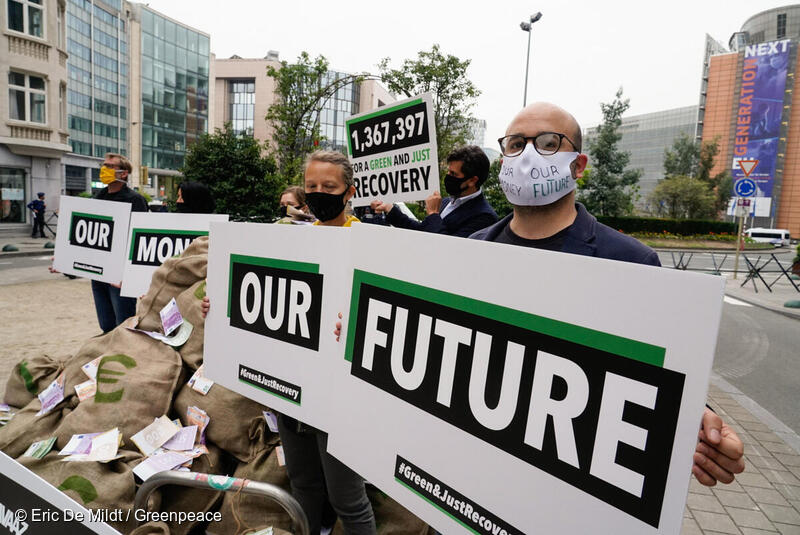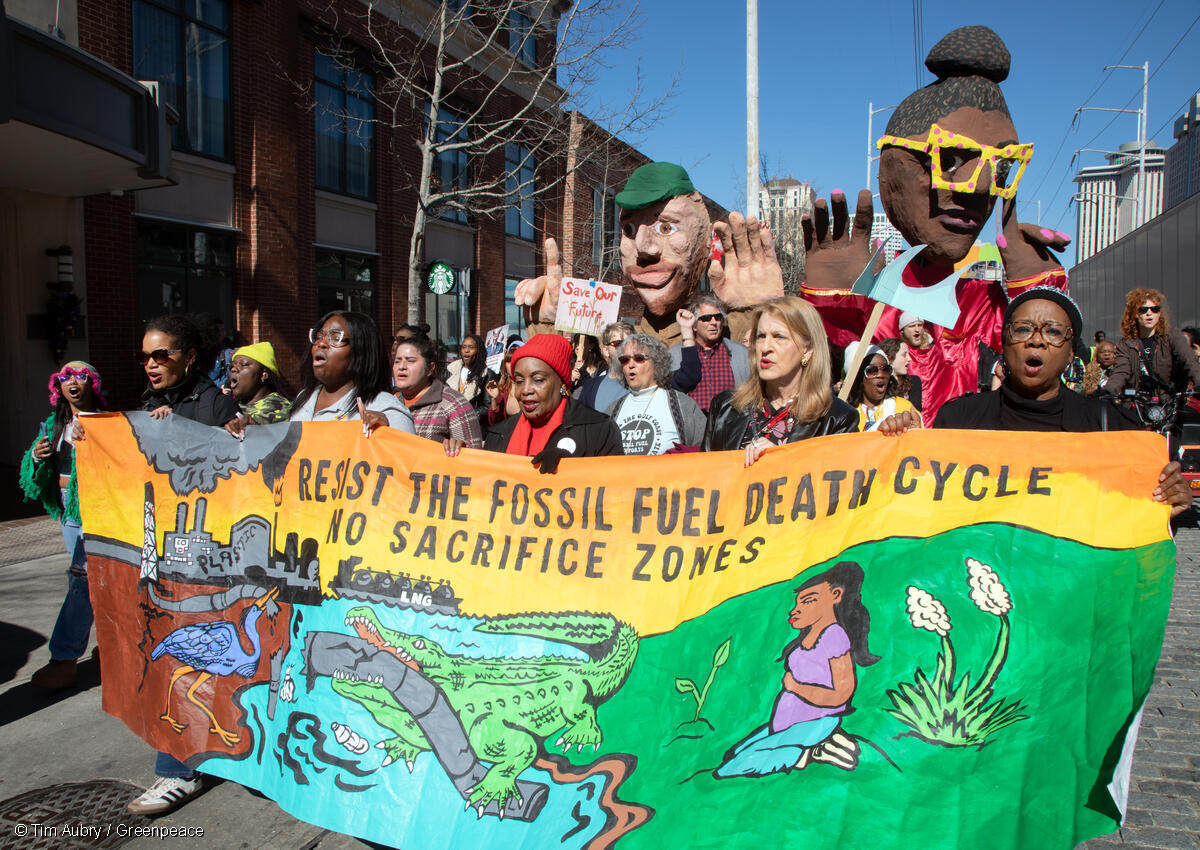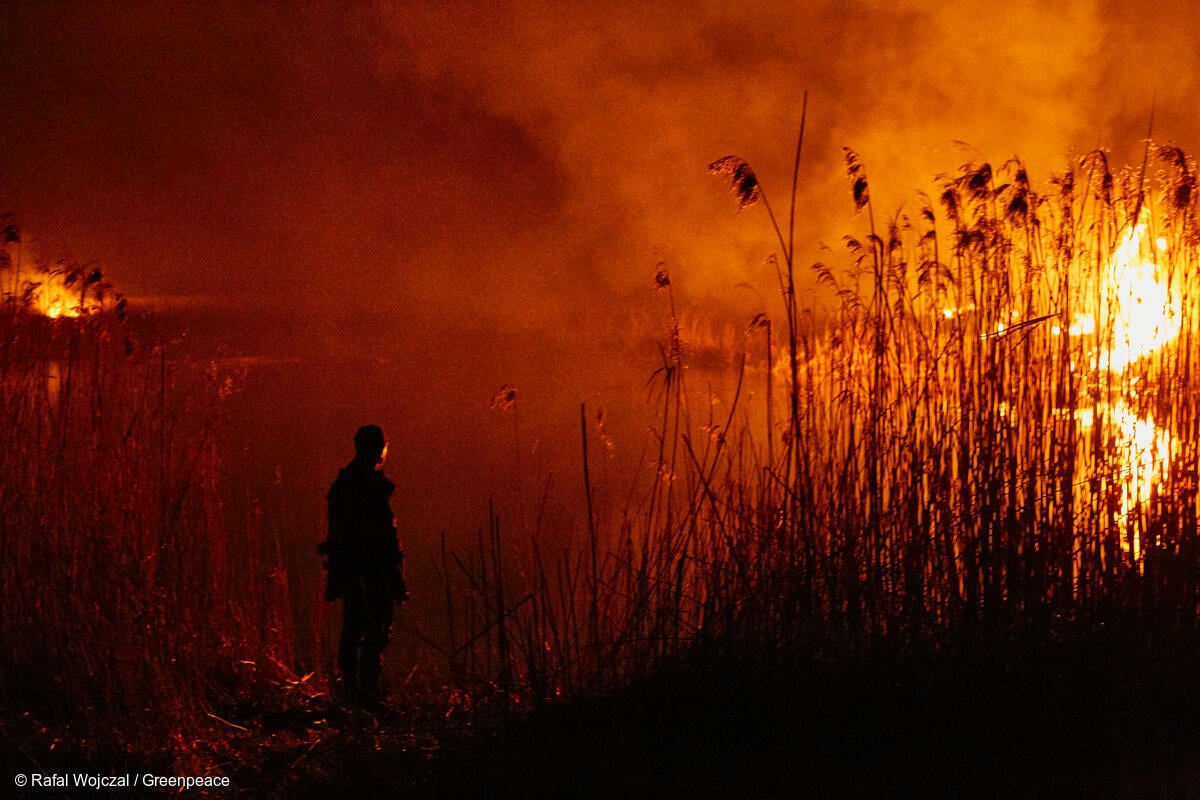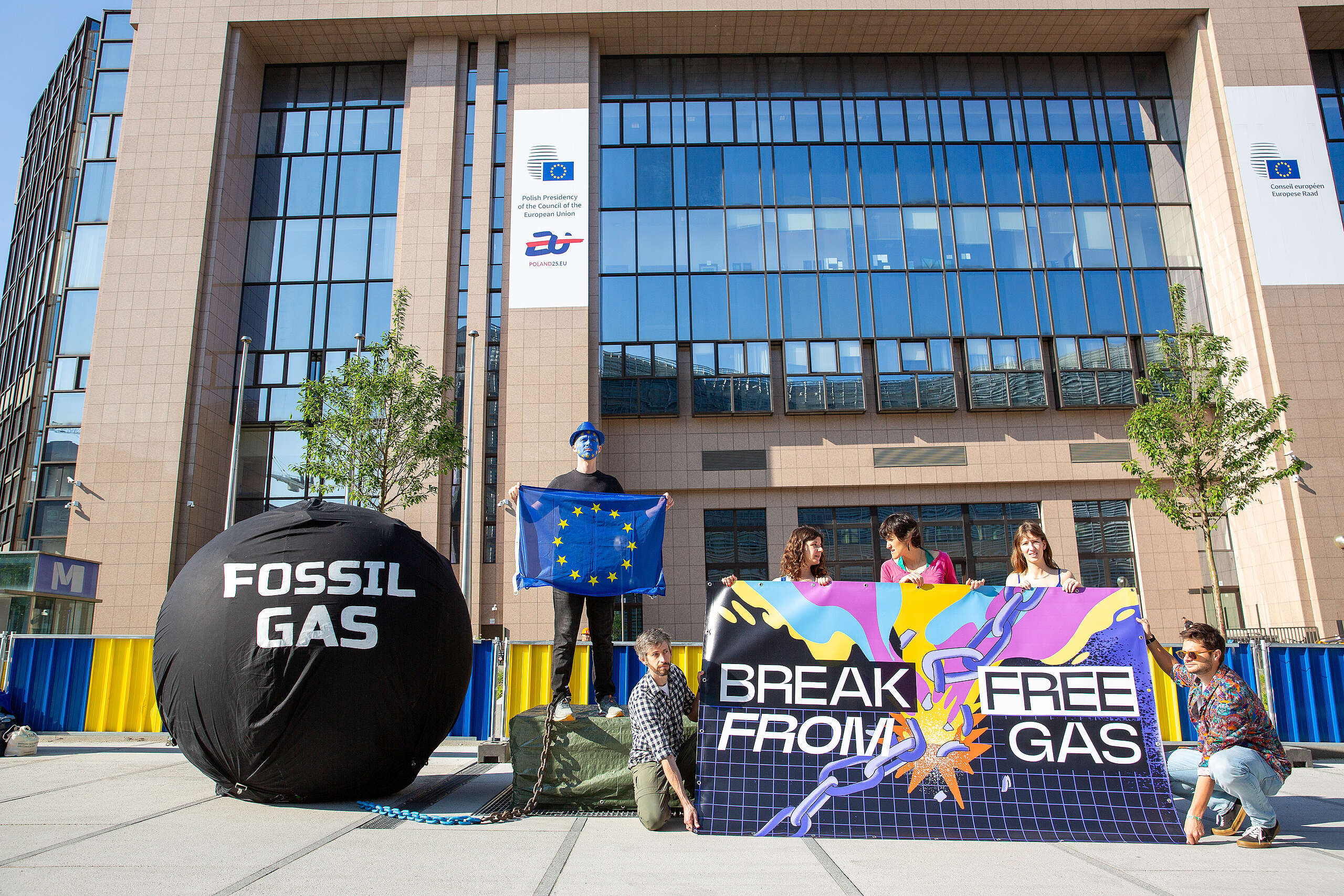
As Europe continues to be a global hotspot for the coronavirus pandemic and its economic and social impact, the EU is moving ahead to agree an unprecedented recovery fund of €750 billion, in addition to the EU’s seven-year budget, worth around €1.1 trillion.
The biggest chunk of the recovery fund is the so-called Recovery and Resilience Facility (RRF), which will go to EU national governments and is worth €672.5 billion.
Despite its European Green Deal commitment, and its promise about not “going back to the status quo before the crisis” but “bouncing forward” with investments “in our long-term future”, the Commission has failed to put forward any measures to ensure EU governments cannot spend recovery funds to prop up economic activities that damage the climate and nature.
Since national ministers are unlikely to propose this themselves, all eyes are on the European Parliament to secure such conditions. The first crucial vote on the rules governing this fund will take place on Monday 12 October in the European Parliament’s environment committee. A vote in the lead committee on economic affairs is expected around the end of October, before a vote by the whole European Parliament in the second week of November.
However, even though the Parliament has just voted to support faster emission cuts, it is unclear whether MEPs will endorse measures to prevent polluting industries, like fossil fuels, airlines or factory farms, from accessing these EU recovery funds.
So far, the EU Parliament has twice supported EU-funded investments in fossil fuels this year.
In February 2020, it approved €29 billion in EU funds available to 32 major gas infrastructure projects, which could be in operation for decades to come.
In September, the European Parliament narrowly backed measures to allow gas to access funding under the Just Transition Fund (JTF), which the EU Commission and governments had specifically excluded. The JTF, worth around €17.5 billion, is part of the EU’s overall recovery fund and is meant to support regions highly dependent on fossil fuels to transition to sustainable activities. The Parliament and national governments are expected to conclude negotiations on the JTF by the end of the year.
Each time, the decisive votes were those of the Renew Europe group, which sided with the conservative EPP group and far-right MEPs, while the S&D, Greens and GUE voted against the inclusion of fossil fuels.
The EPP and Renew Europe MEPs are both committed to the European Green Deal. As leading EPP MEPs Peter Liese and Lidia Pereira have said, the EU should invest in “future-proof infrastructure”, as it cannot be that “young generations inherit a huge amount of debts”.
Influential Renew Europe MEP Pascal Canfin, who helped ensure the Parliament’s support for an increase in the EU’s 2030 climate target to a 60% cut in emissions, has has cautioned that “public money that states and Europe will spend to reinvest in the economy must be consistent with the Green Deal”. Canfin now leads on the RRF file for the environment committee.
Gas has a significant impact on the climate. When its entire supply chain is considered (and not just its combustion point), gas causes more emissions than oil, according to the IEA’s methane tracker. About 80% of gas is in fact made up of methane, a powerful greenhouse gas with an even greater impact on the climate than CO2.
European governments are yet to find common ground on the details of the RRF, although a number of governments are in favour of strict environmental conditions.
Greenpeace calls for the specific exclusion of polluting industries from the RRF to ensure EU funds, and particularly money loaned today that will have to be paid back by our children’s generation, is not used to subsidise fossil fuels and false climate solutions like nuclear energy. In addition, at least 50% of the funds should be reserved for spending on climate, and nature conservation and restoration.
Contact: Greenpeace EU press desk: +32 (0)2 274 1911, [email protected]
For breaking news and comment on EU affairs: www.twitter.com/GreenpeaceEU
Greenpeace is an independent global campaigning organisation that acts to change attitudes and behaviour, to protect and conserve the environment and to promote peace. We do not accept donations from governments, the EU, businesses or political parties. We have over three million supporters, and offices in more than 55 countries.
EU Transparency Register: 9832909575-41



